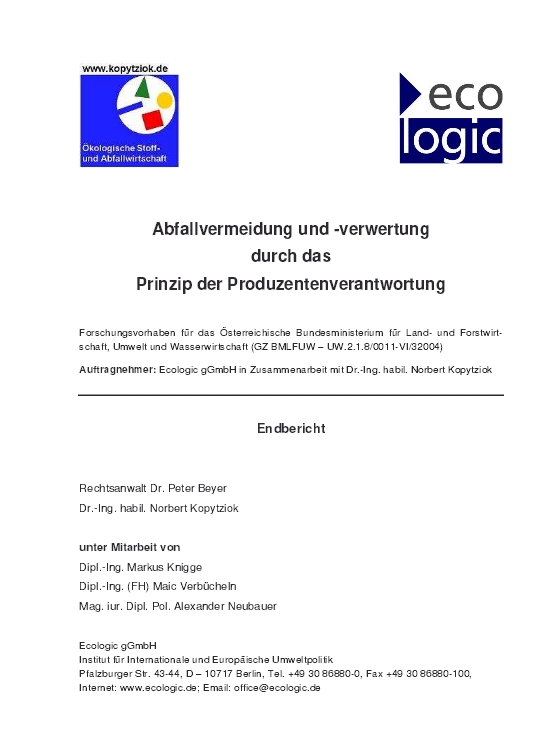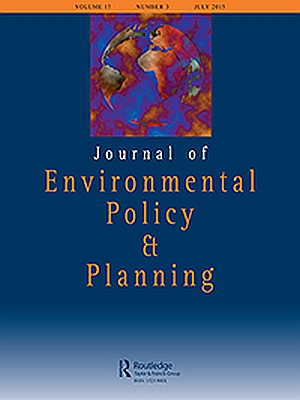Photo by Nareeta Martin on Unsplash
This research project explored whether strengthening the concept of extended product responsibility in international law has the potential of noticeably improving waste management in the Global South. The concept of Extended Producer Responsibility (EPR) aimed at taking into account waste management issues during the entire life cycle of a product (cradle-to-grave approach). Its main purpose was to reduce the costs of waste management for local authorities and taxpayers, while at the same time providing incentives for producers to design their products so that they are easier to recycle and dispose of in an environmentally sound manner, generating less waste overall.
In the European Union, EPR is an essential component of the Waste Framework Directive and various individual directives such as the Packaging Directive, End-of-Life Vehicles Directive, Batteries Directive, Waste Electrical Equipment Directive and the Single-Use Plastics Directive. Outside the EU, systems of extended producer responsibility are most developed in OECD countries, e.g. the USA, Canada, Australia or Japan. However, since 2000 there has been a noticeable worldwide increase in EPR systems or approaches, especially in countries of the Global South.
Against this backdrop, this research project explored whether anchoring extended product responsibility in international law could noticeably improve the disposal of waste, in particular in the Global South, and which instruments could best achieve this. The results support the Federal Environment Agency in examining the possible future development of EPR, among other things, with a view to the fifth United Nations Environment Assembly (UNEA 5), which took place in February 2022.





